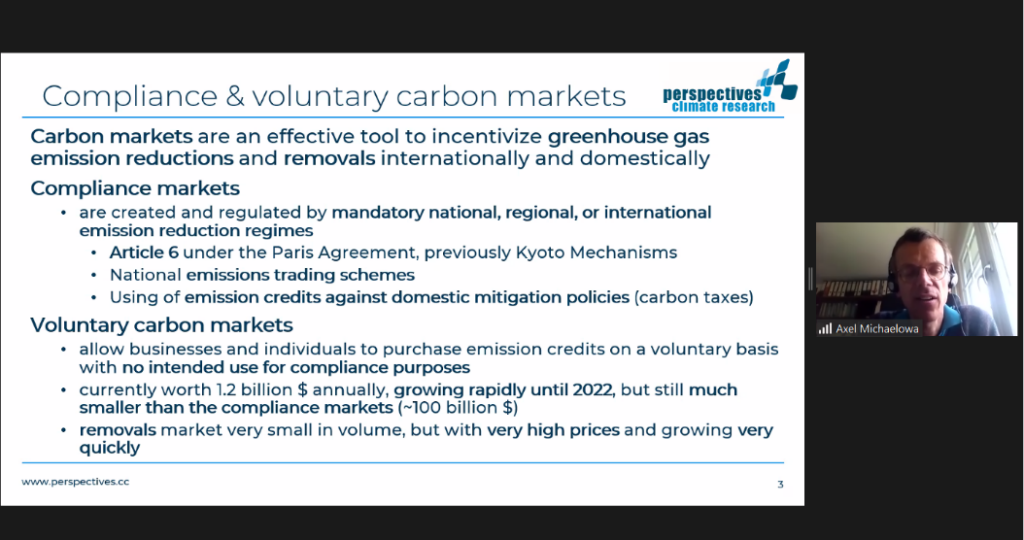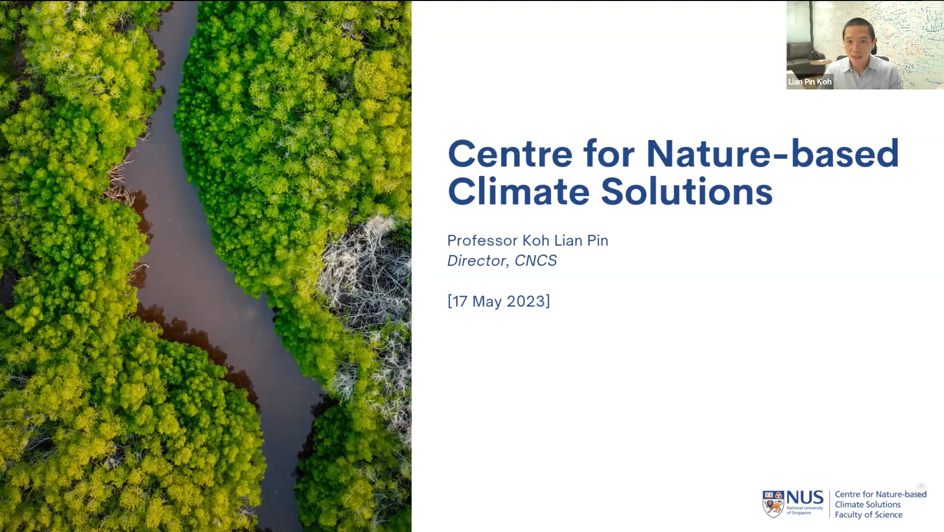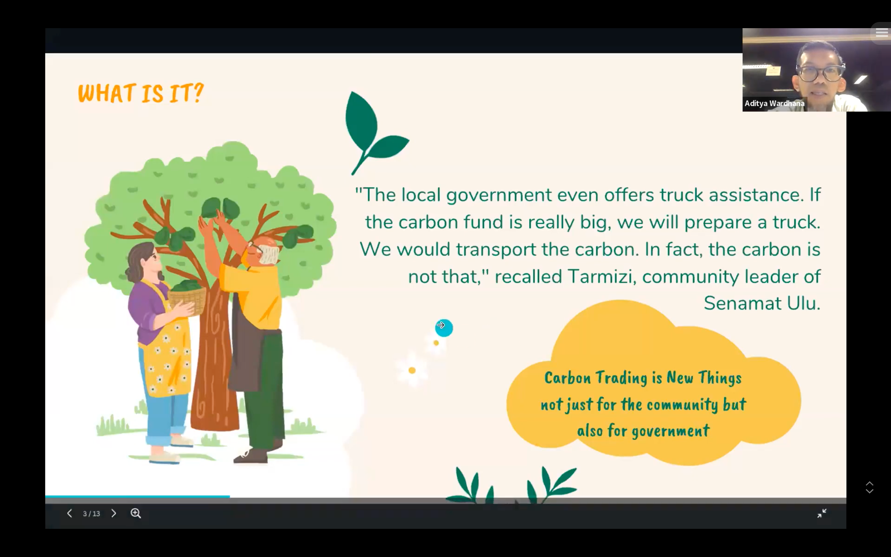Take a clear-eyed view of carbon markets: Experts at CNCS media briefing

Carbon markets may not be perfect, but journalists should avoid characterising them as being inherently negative, said Dr Axel Michaelowa, senior founding partner at Perspective Climate Group.
Speaking on 17 May during a virtual media briefing on carbon markets co-organised by the National University of Singapore Centre for Nature-based Climate Solutions (CNCS) and the Pulitzer Center’s Rainforest Forest Journalism Fund Southeast Asia, he also urged journalists to exercise caution and not be swayed by the “glossy brochures” of companies engaged in carbon project development.
“The truth is in between. I would ask journalists to do careful research and identify problems, but not throw the baby out with the bathwater,” Dr Michaelowa said.
His statements came amid ongoing debates about how effective the establishment of nature-based carbon projects are at reducing deforestation.
Such projects, which typically involve the protection of a forest at imminent risk of loss, supply carbon credits to the voluntary carbon market. Each carbon credit represents one tonne of planet-warming emissions that are prevented from being released when they are saved from being cut down. Companies can buy these credits to offset their carbon footprint. But recent media reports have cast doubt on whether such projects truly help to reduce forest loss.

Professor Koh Lian Pin, the director of CNCS who was also a speaker at the briefing, pointed out that carbon markets should not be conflated with nature-based climate solutions.
Carbon markets are an avenue to implementing nature-based solutions, since they help to channel funds to the conservation of a carbon-rich natural habitat at risk of being cut down.
But other than carbon storage and removal, nature offers many other benefits, such as helping to improve water quality, and boosting the agricultural yield of communities living near a healthy forest, Prof Koh said, citing research done at CNCS.

The third panelist, Mr Aditya Heru Wardhana, who is supervising editor at CNN Indonesia, cited another co-benefit of the establishment of carbon projects – the improved welfare of local communities.
Based on his reporting of carbon projects in Indonesia, Mr Aditya said local communities gained significant financial resources for education and healthcare. The success story observed in Jambi indicates the potential for replicating similar positive outcomes in other communities throughout Indonesia, he said.
The media briefing provided journalists reporting on rainforest issues in Southeast Asia with an overview of the development of carbon markets and how they relate to the Paris Agreement, climate change and nature conservation. The briefing was held over Zoom on a Wednesday evening. Over 200 people registered for the event.
This article is contributed by Ms Jelynn Ho, a research assistant from the NUS Centre for Nature-based Climate Solutions (CNCS).
